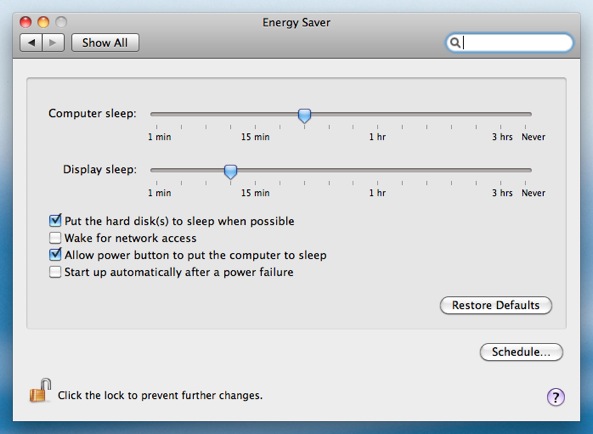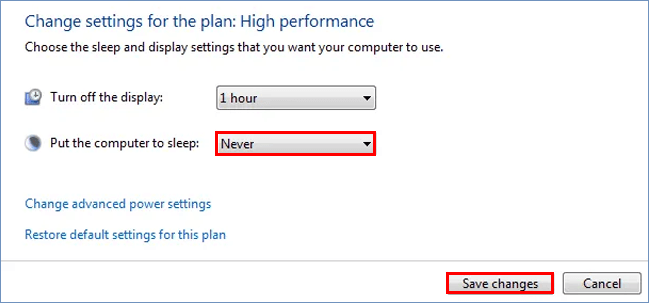

However, this may not be an option for certain people, such as those who work or study at night.

We recommend avoiding computers, smartphones, and other blue light-emitting devices in the hours leading up to bedtime. If you prefer to use an e-reader such as a Kindle or Nook, dim the display as much as possible. Portable e-readers like the Kindle and Nook emit blue light, but not to the same extent as other electronic devices. Dim light with one of these colors is considered optimal for nighttime reading. Unlike blue light, red, yellow, and orange light have little to no effect on your circadian rhythm. In addition to causing sleep problems, blue light can also cause retina damage. One study found that bright bedroom lighting can decrease the nocturnal production of melatonin by as much as 90 minutes compared to dim lighting. Additionally, children who use these devices at night often do not receive enough high-quality sleep and are more likely to feel tired the next day.Ĭertain types of household lighting can also affect melatonin production at night. Numerous studies have established a link between using devices with screens before bed and increases in sleep latency, or the amount of time it takes someone to fall asleep. Blue light can also reduce the amount of time you spend in slow-wave and rapid-eye movement (REM) sleep, two stages of the sleep cycle that are vital for cognitive functioning.Ĭhildren are particularly vulnerable to sleep problems stemming from electronic devices that emit blue light. Fluorescent and LED lights also emit blue light, which has been shown to reduce or delay the natural production of melatonin in the evening and decrease feelings of sleepiness.

As daylight fades, the body releases another hormone, melatonin, that produces feelings of sleepiness.Įlectronic back-lit devices like cell phones, tablets, readers, and computers emit short-wavelength enriched light, also known as blue light.
When the sun rises in the morning, your body produces cortisol, a hormone that makes you feel awake and alert. The biological clock in healthy adults follows a 24-hour sleep-wake cycle. This leads to neurophysiologic arousals that increase feelings of alertness when you should be winding down instead. Tempting as it might be to use your computer or phone before bed, studies have shown these devices can interfere with sleep by suppressing the production of melatonin, a natural hormone released in the evening to help you feel tired and ready for sleep. Additionally, six in 10 respondents claimed to use a desktop or laptop computer within one hour of going to bed. This behavior was particularly common among adolescents and young adults between the ages of 13 and 29. The survey found that roughly four in 10 Americans bring their cell phone into bed when trying to fall asleep. The 2011 Sleep in America Poll from the National Sleep Foundation included questions about the use of electronics before bed.


 0 kommentar(er)
0 kommentar(er)
